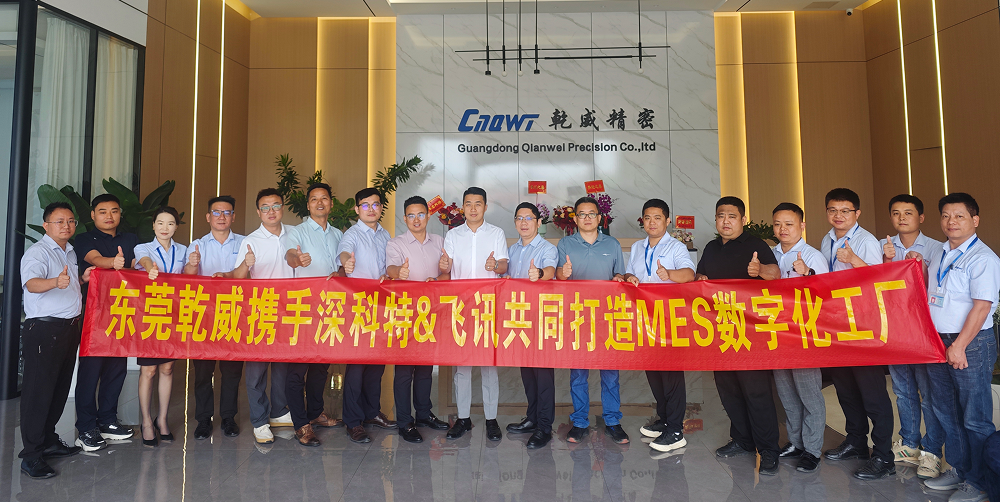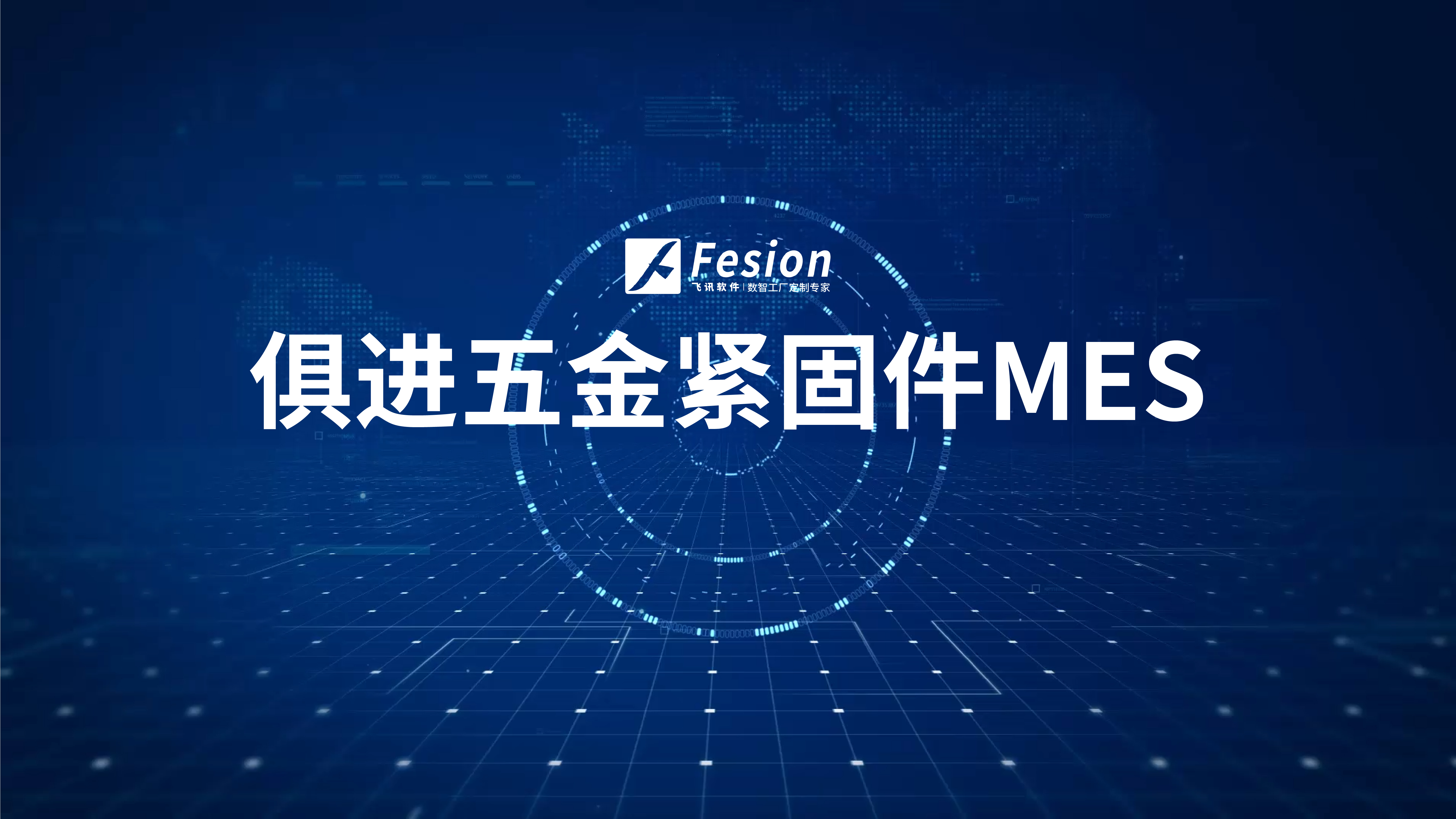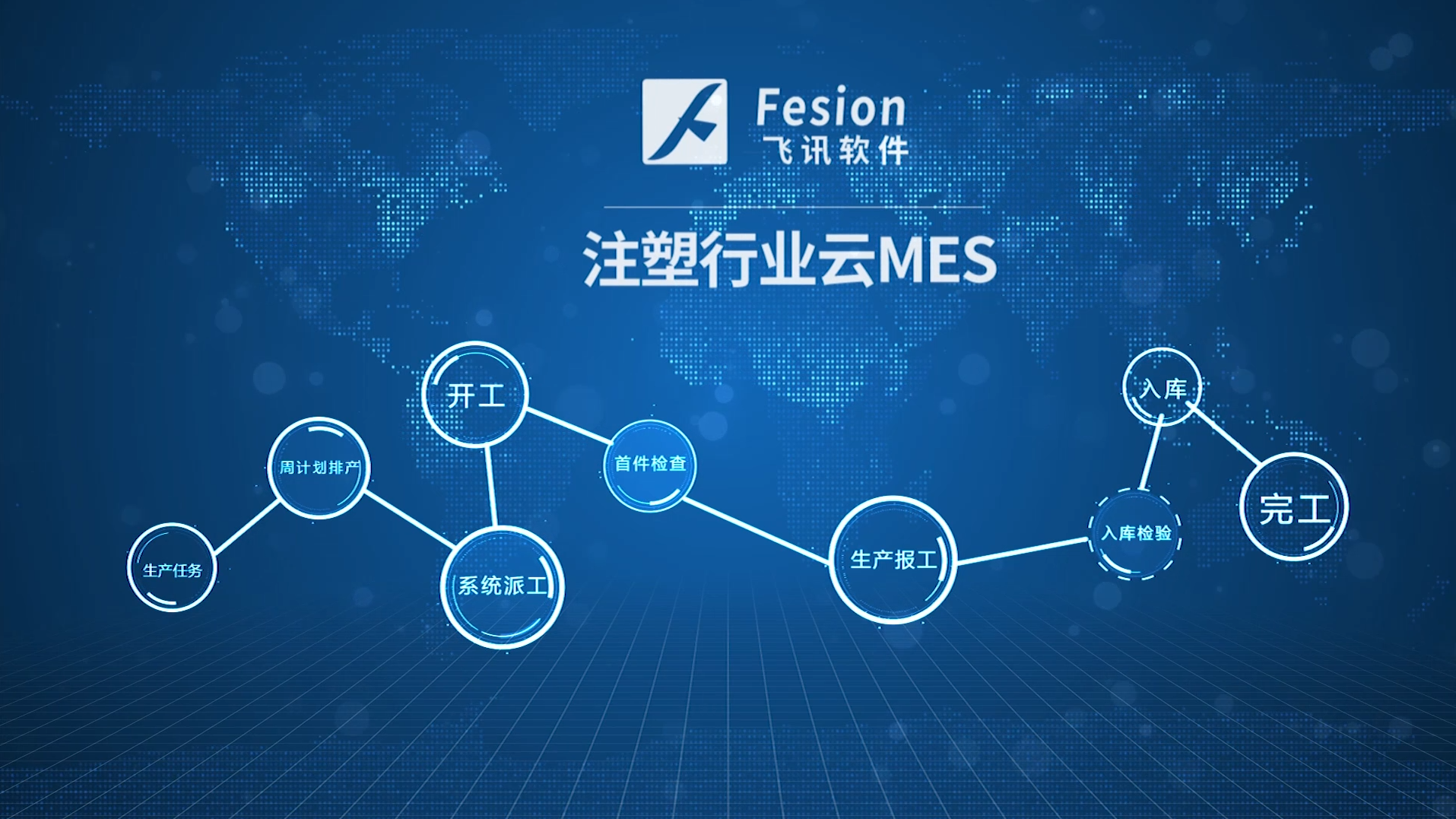成品仓WMS系统价格(海外仓系统WMS)

Title: A Comprehensive Analysis of Pricing for Warehouse Management Systems (WMS)
Introduction:
Warehouse Management Systems (WMS) have become increasingly critical for businesses seeking to optimize their supply chain operations. As such, the pricing of WMS solutions is a key consideration for companies looking to invest in an efficient and cost-effective solution. In this article, we will explore the factors that influence the pricing of a WMS system from multiple perspectives.
I. Functionality and Features:
One of the primary factors affecting the price of a WMS system is the range of functionality and features it offers. A comprehensive WMS system will include modules for inventory management, order fulfillment, picking and packing, shipping, and real-time tracking. Advanced features like automated data capture, integration with other business systems, and analytics capabilities can significantly enhance the functionality but also increase the cost of the system.
II. Scalability and Customization:
The scalability and customization options offered by a WMS system can influence its pricing. A flexible system that can adapt to changing business needs and accommodate growth without requiring costly upgrades or additional modules may come at a higher price point. Similarly, a system that allows for extensive customization to match specific business workflows and requirements may incur additional costs for development and maintenance.
III. Deployment Model:
The deployment model of a WMS system can also impact its pricing. There are generally two deployment options: on-premise and cloud-based. On-premise solutions involve upfront hardware and software costs, while cloud-based solutions operate on a subscription model with lower initial investment but ongoing subscription fees. The choice between these options depends on factors such as data security, IT infrastructure, and budgetary constraints.
IV. Implementation and Integration:
The complexity of implementation and integration with existing systems can affect the overall cost of a WMS solution. If a company has complex operational processes or requires extensive integration with ERP, CRM, or other business systems, it may require additional customization, consulting services, and integration expertise, which can increase the price of the system.
V. Vendor Reputation and Support:
The reputation and support provided by the WMS vendor can also influence the pricing. Established vendors with a proven track record and excellent customer support may charge higher prices due to their experience and reliability. However, investing in a reputable vendor can offer long-term benefits such as system stability, frequent updates, and timely technical support.
VI. Implementation and Maintenance Costs:
Beyond the initial purchase cost, companies should consider ongoing implementation and maintenance expenses. These costs include training, data migration, system updates, hardware upgrades, and ongoing technical support. It is essential to evaluate these factors to avoid unexpected costs that might affect the overall affordability of the WMS system.
Conclusion:
Choosing the right WMS system for your business involves considering various factors that influence the pricing. While functionality, scalability, deployment model, implementation requirements, and vendor reputation are significant considerations, it is crucial to strike a balance between cost and the value delivered by the system. A thorough evaluation of these factors will help businesses make an informed decision and select a WMS system that aligns with their operational needs and budgetary constraints.
��Ѷ���������2006�꣬ӵ�������з����뿪��ƽ̨����һ�Ҽ���Ӫ�������졢�ɹ���ȫ��·���ǻ��������Ʒ����̺ͷ����̡���Ʒ�������ֻ����䡢����������������������˾��MRO��ERP��MES��WMS��CRM��SRM�Ȳ�ƷΪ������Ϊ�ͻ��ṩ���ǻ��������巽���滮��������ܷ�����Χ���������Ǻͳ����ǵ����������ڰ����ͻ������к�ʵ�ʳ������ɴ��С��ɴ��µ����ֻ���Ӫ��ϵ�������������Ϣ�����������ֻ��;������ܻ��������⣬Ϊ��ͬ��ҵ����ͬ��ʵ�ֲ�ͬ�ľ�ӪĿ�ꡣ























请先 登录后发表评论 ~